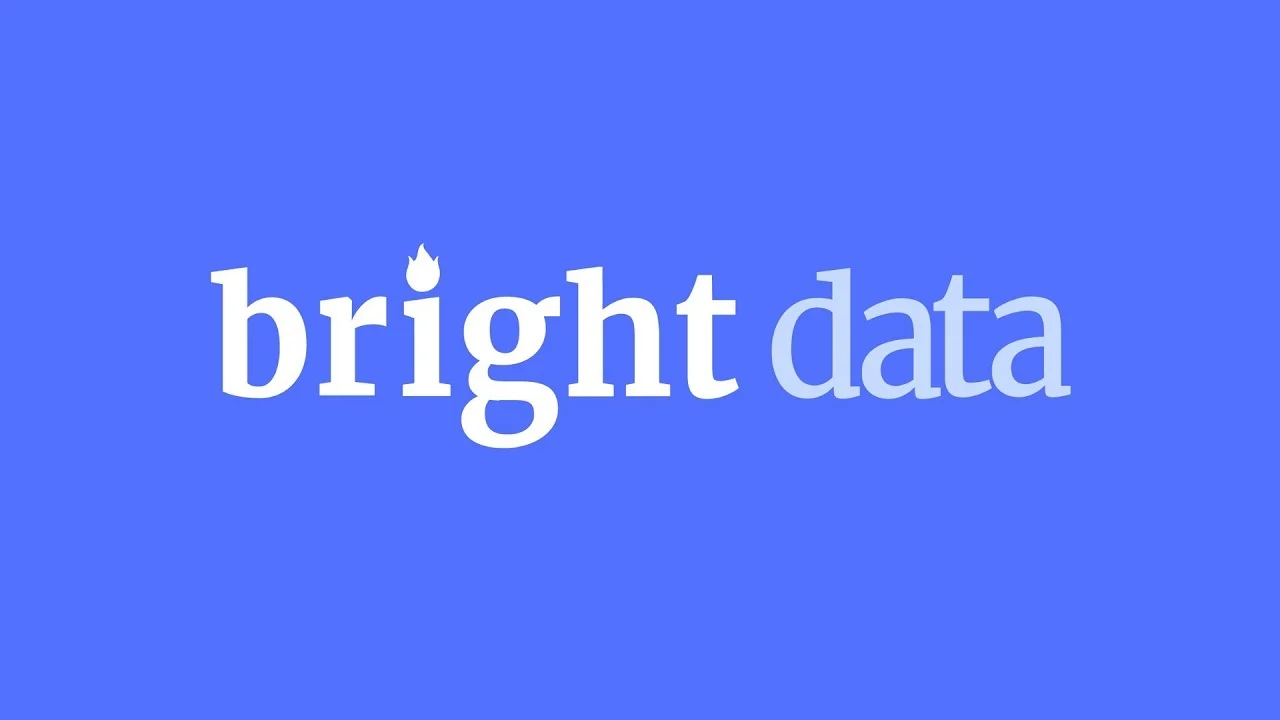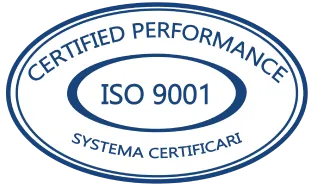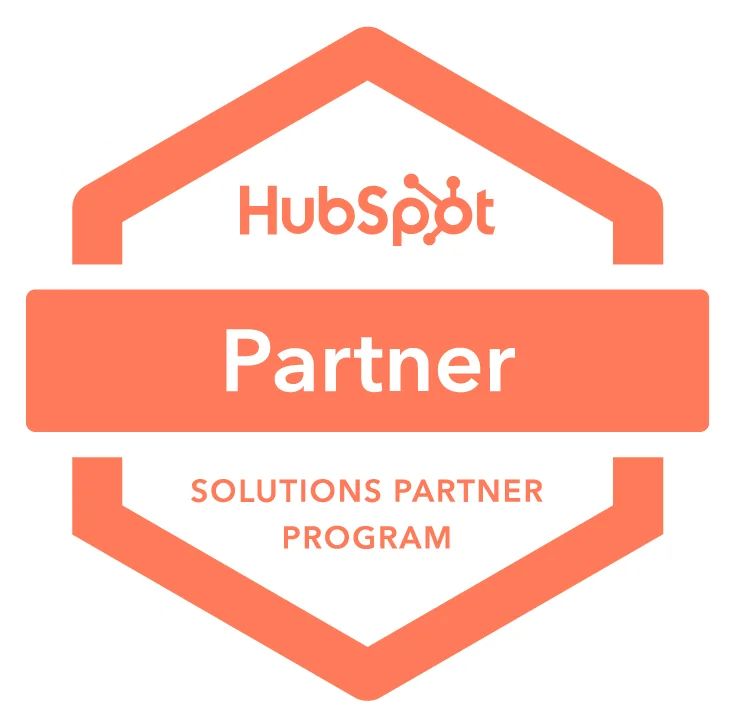Automate Your Business with Expert Make.com Solutions
Looking for experts to create powerful workflows, integrate systems, and scale your automation? Makeitfuture, the leading automation agency in Europe, offers Make.com implementation, consulting, and support.



.avif)

.avif)
.avif)
.avif)
.avif)
.avif)
.avif)
.avif)

Our Make.com solutions
We provide a wide range of services to help you automate your business with Make.com

Custom Make.com Scenarios
We build custom, complex Make.com workflows to automate repetitive tasks across your apps and services

Advanced System Integrations
We integrate Make.com with your ERP, CRM, and other business systems through custom API development, building connections for complex enterprise automation.

AI Automation & AI Agent Implementation
We integrate AI models (ChatGPT, Claude, custom agents) into your Make.com workflows for intelligent automation that thinks and adapts
Automation Consulting & Support
We identify operational gaps and inefficiencies, then implement strategic automation and digital solutions that grow your business. All backed by 24/7 ticketed support.
Migration from Other Platforms
We migrate your automations from Zapier, Power Automate, n8n and other platforms to Make.com, optimizing workflows and reducing costs.
Explore ServiceCustom App Development
Build custom Make.com apps and modules for proprietary systems that don't have native connectors. Extend Make.com beyond its 1,800+ integrations.
Explore ServiceWhy Choose Make.com?
The automation platform that's powerful enough for enterprises, simple enough for everyone, and priced for growth.

Unlimited Operations
Scale without limits or surprise costs. Make.com offers more operations per dollar than any competitor.

Visual Workflow Builder
Build complex automations with drag-and-drop simplicity. See your entire workflow logic without writing a single line of code.

1,800+ Integrations
Connect all your tools instantly, from CRMs and ERPs to AI models. Plus unlimited custom integrations via webhooks and APIs.
Best Make.com use-cases
Streamline operations with Make.com workflow automation. Connect your apps, integrate APIs, eliminate repetitive tasks, and boost efficiency with custom solutions from certified Make Platinum Partners.
Makeitfuture expertise
Backed by industry-recognized certifications and performance metrics
Clients
Automations
Years of experience
How it works
We take you from manual struggle to automated joy in 4 easy steps
Discovery call
We start by understanding your business, your challenges, as well as the processes and systems you use.
Strategy & Planning
We identify what to automate, how to connect your systems, and create a step-by-step implementation plan.
Implementation
Our Make.com experts build, test, and deploy your custom automations, from simple workflows to complex integrations.
QA & Support
We monitor performance, handle maintenance, and continuously optimize your automations.
Tools we can integrate with Make.com
FAQs about Make.com
Make.com integrates with over 1,800 apps including Salesforce, HubSpot, Shopify, QuickBooks, Google Workspace, Microsoft 365, Slack, and WhatsApp. Any app with an API can be connected using webhooks and HTTP modules.
Absolutely! Make.com excels at complex automation with multi-branch scenarios, error handling, data transformation, conditional logic, and parallel processing. We've built workflows with 100+ steps handling millions of operations.
Yes! Make.com is perfect for businesses of all sizes with plans starting at $9/month. Small businesses typically save 15+ hours weekly while paying 70% less than enterprise automation tools.
Simple automations go live in days. Complex enterprise integrations typically take 2-4 weeks. We provide a detailed timeline during your discovery call.

















.png)

.png)














%2520(1).webp)














.webp)








.png)
.png)



.avif)
